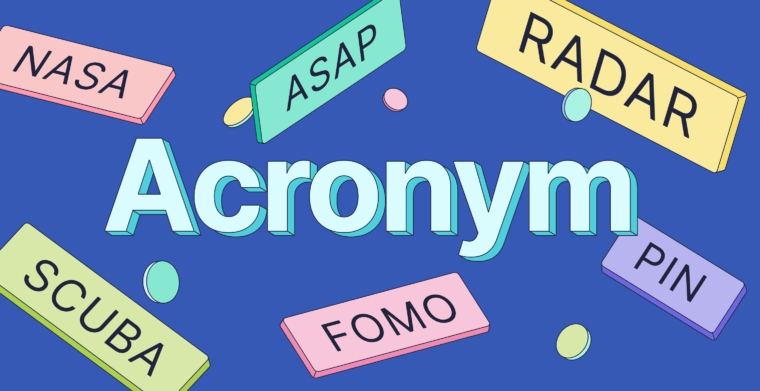
Do you speak Latin? If the answer is no, you may have trouble with some Latin abbreviations, such as i.e., e.g., or et al. Let’s focus on one of these: et al. You may have seen it, but it’s time to find out what et al. means and how to use it.
Et al. is an abbreviation for et alia (neuter plural). But it can also be an abbreviation for et alii (masculine plural), or et aliae (feminine plural). This phrase means and others. Most commonly, et al. indicates other contributors (authors, editors, etc.) in a bibliographic list, such as “Feynman, Hawking, Sagan, et al.” There should always be a period after et al. to show it is an abbreviation.
Imagine that you and a group of friends decide to publish some anecdotes from your most recent trip to Las Vegas. If you have ten members in your travel club, you can imagine that listing all of them on the cover of a book might look a little cluttered. To avoid a lengthy list, you can use the abbreviation et al. after the first name. Et al. indicate that two or more other authors collaborated in the work. Are there synonyms of et al.? Yes: also, extra, and in addition are synonyms with similar meanings to et al.
What does et al. mean?
The phrase et al. means and others. It is used to represent several additional items in a list or series, so you don’t have to write out each one. Typically, et al. is used in bibliographies and citations for sources that have a lot of authors, so you don’t have to write each author’s name every time you mention that source.
How to use et al.
Why is there a period after the al of et al.? Remember, al. is short for alia and its various forms. The period indicates that it is an abbreviation. On the other hand, et is the full form of the Latin word meaning and, so no period is necessary after that word. Despite its Latin origins, you don’t need italics when et al. is part of a list. After all, it has been a part of the English language since the 1800s.
What about et al. in a sentence? How do you punctuate it? Just write the sentence as you normally would. Besides the period, et al. doesn’t require any special punctuation. However, if you are writing a term paper, there are some usage rules you should know for in-text citations. According to APA style:
- Don’t use et al. unless there are more than two authors.
- For references with three to five authors, list all the authors in the first citation of the work, but abbreviate using the name of the first author and et al. for any additional citations of the same work.
- For references with more than six authors, cite using the first author’s name plus et al. for all of the in-text citations.
Et al. vs. etc.
What’s the difference between et al. and etc.? Whereas etc. refers to a list of things, et al. refers to a list of people. Etc. is common in formal and informal writing. You will most often see et al. in bibliographic lists.
Etc. is short for et cetera, which is a Latin phrase that means and the rest. Use etc. when you’re writing a list of things:
When traveling, bring necessary items like a passport, proof of medical insurance, extra money, etc.
Et al. examples
When people cite the work of you and your friends, they would likely use et al., especially in formal writing such as term papers and on works cited pages. Here are two examples, one in-text mention of a publication and another from a works cited page:
In the first example, the writer uses parenthetical notations to refer to materials that he used as references. His first resource was a research study published by seven contributors. Rather than list everyone, he credits his source by using the name of the principal investigator, James S. Coleman. The second et al. example shows how a publication with multiple editors would appear in a bibliography.
Et alibi—the other et al.
Et al. is also short for a less frequently used Latin phrase, et alibi. Can you guess the meaning of et alibi? An alibi is a piece of evidence that shows a suspect of a crime was elsewhere when the crime happened. So, it’s not hard to remember that et alibi means and elsewhere. Mainly, et alibi refers to other locations that will not appear in a list. Consider the following example from a Greek grammar guide by William Trollope. He uses et alibi to indicate that the Greek phrase under consideration appears not only in the sixth chapter of Mark but also in other locations of the Bible.
Isn’t it great news that you and your friends can publish tales of your vacation together without filling the cover with a comprehensive list of names? You can use et al. to acknowledge numerous authors. And if you begin talking about different locations, the list of casinos and hotels need not be exhaustive. You can also let your readers know about the existence of other places with et al. Then again, do you really want to let the world know what happened in Las Vegas?






